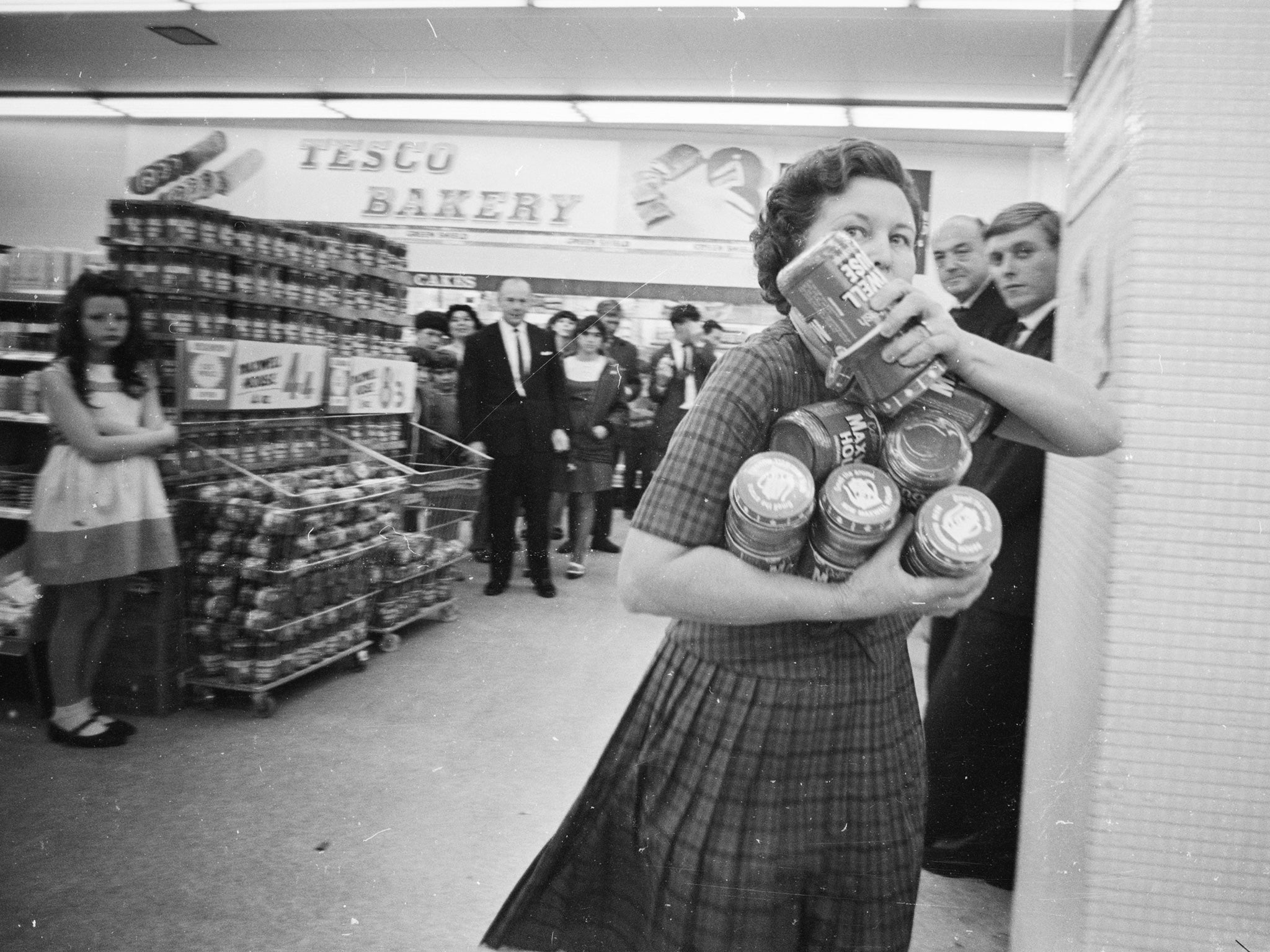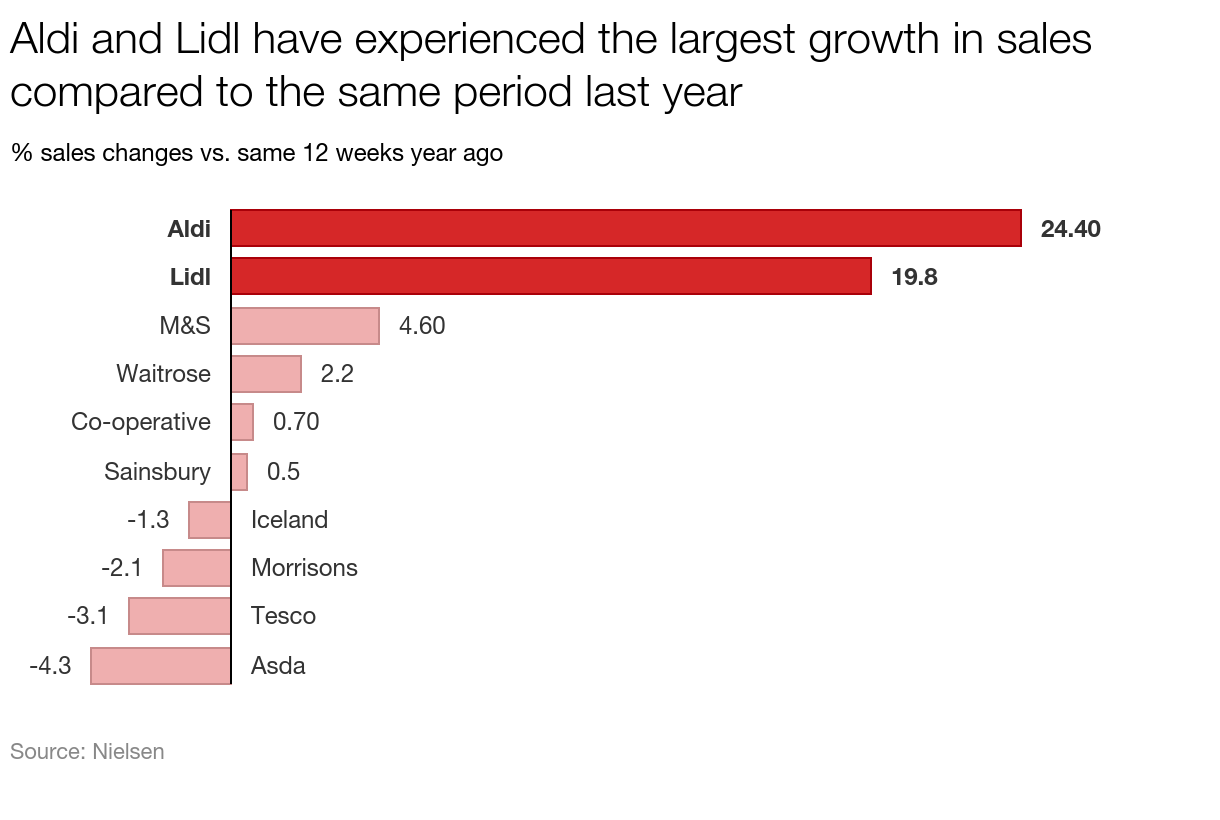Christmas 2015: shoppers expected to spend £6.4bn on festive food
Tesco accounts for 27 per cent of supermarket spend in the run up to the Christmas period

Your support helps us to tell the story
From reproductive rights to climate change to Big Tech, The Independent is on the ground when the story is developing. Whether it's investigating the financials of Elon Musk's pro-Trump PAC or producing our latest documentary, 'The A Word', which shines a light on the American women fighting for reproductive rights, we know how important it is to parse out the facts from the messaging.
At such a critical moment in US history, we need reporters on the ground. Your donation allows us to keep sending journalists to speak to both sides of the story.
The Independent is trusted by Americans across the entire political spectrum. And unlike many other quality news outlets, we choose not to lock Americans out of our reporting and analysis with paywalls. We believe quality journalism should be available to everyone, paid for by those who can afford it.
Your support makes all the difference.Shoppers are expected to spend £6.4 billion at supermarkets in the two weeks before Christmas, with 60 per cent of shoppers leaving the big shop to the week before Christmas day.
Tesco accounts for 27 per cent of supermarket spend in the run up to the Christmas period, by far the largest of the lot – while Sainsbury’s was not far behind with 16 per cent.
Both have failed to increase their market share in the past year with Tesco losing 3 per cent and Sainsbury’s inching forward with a 0.5 per cent increase.
Discount supermarkets Lidl and Aldi have seen the largest growth in sales in the run up to the Christmas period, according to Nielsen data.

Aldi experienced the largest growth in market share of 24.4 per cent while Lidl sale grew by nearly 20 per cent.
Only Mark & Spencer managed to grow its market share by nearly 5 per cent, while Asda lost 4.3 per cent, according to global information and insights company Nielsen.
Mike Watkins, Nielsen’s UK head of retailer and business, said that discount supermarkets offer a superior shopping experience through a better customer service, a wider product range and discounts such as the cut in petrol prices, which encourages shoppers to visit larger supermarkets out town.
“It’s been a very difficult year for the major supermarkets, driven by price deflation and compounded by having to respond to the discounters’ lower prices – even promotional activity around Black Friday did nothing to boost food sales,” Watkins said.
“The major supermarkets will have to raise their game in 2016 and be more creative when it comes to stemming the rise of the discounters who’ve become smarter and more aggressive in their marketing activity, ” he added.
Join our commenting forum
Join thought-provoking conversations, follow other Independent readers and see their replies
Comments